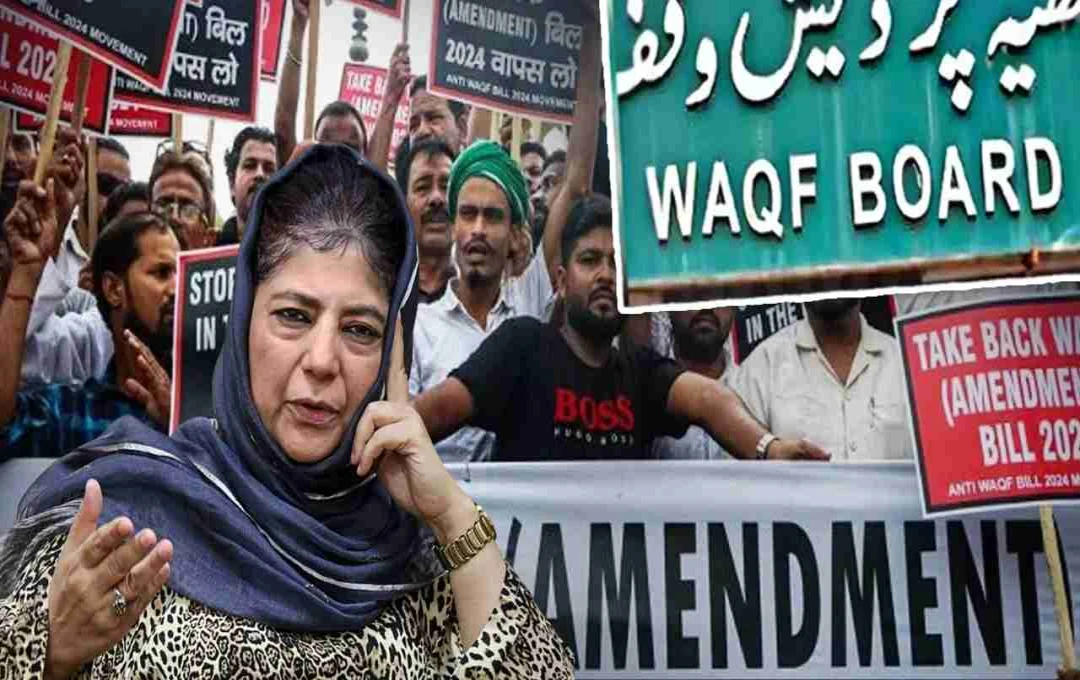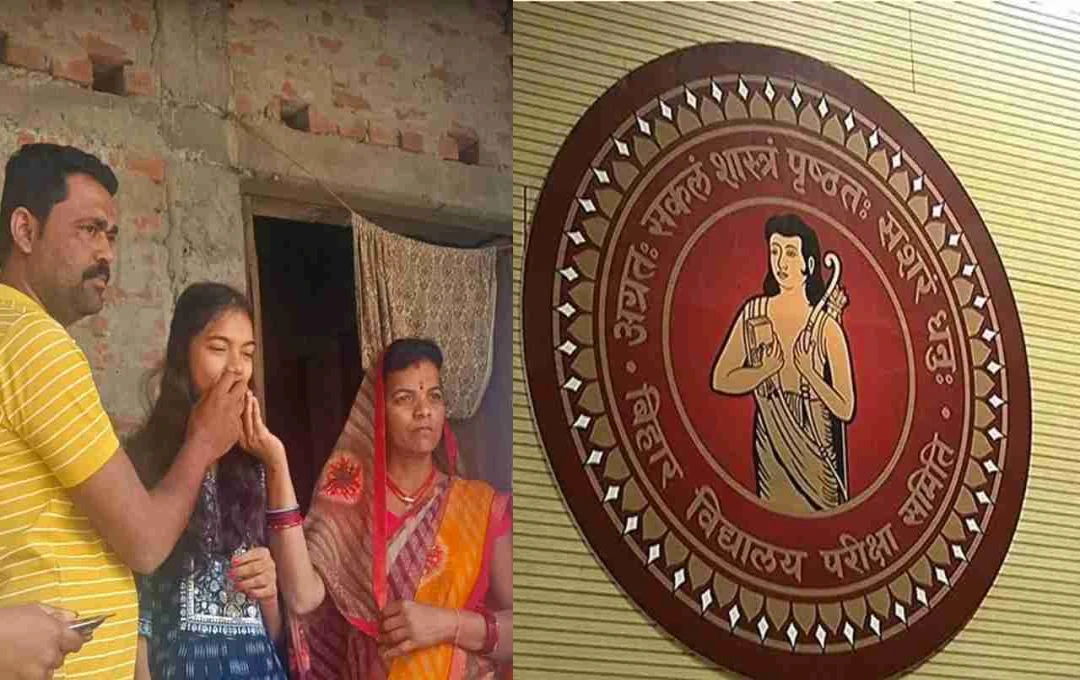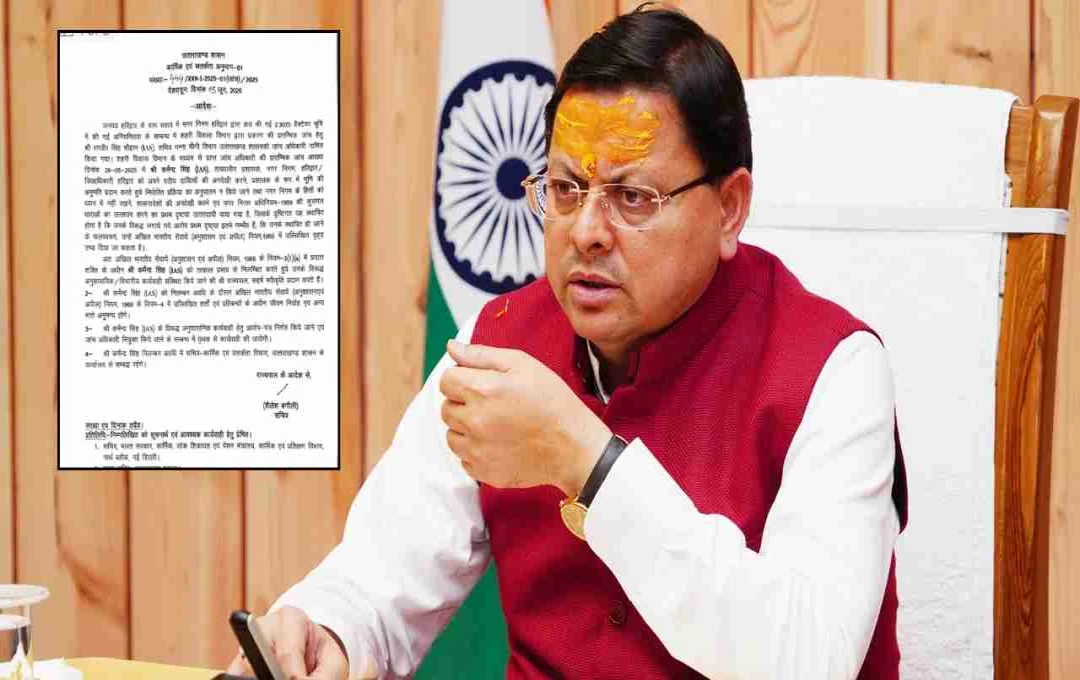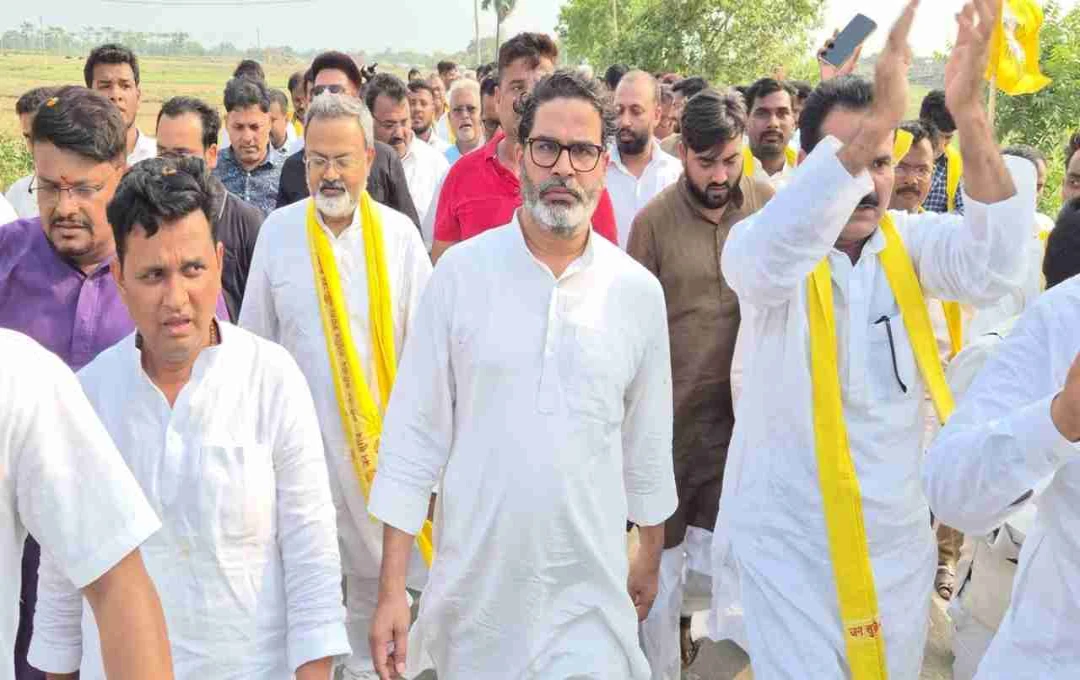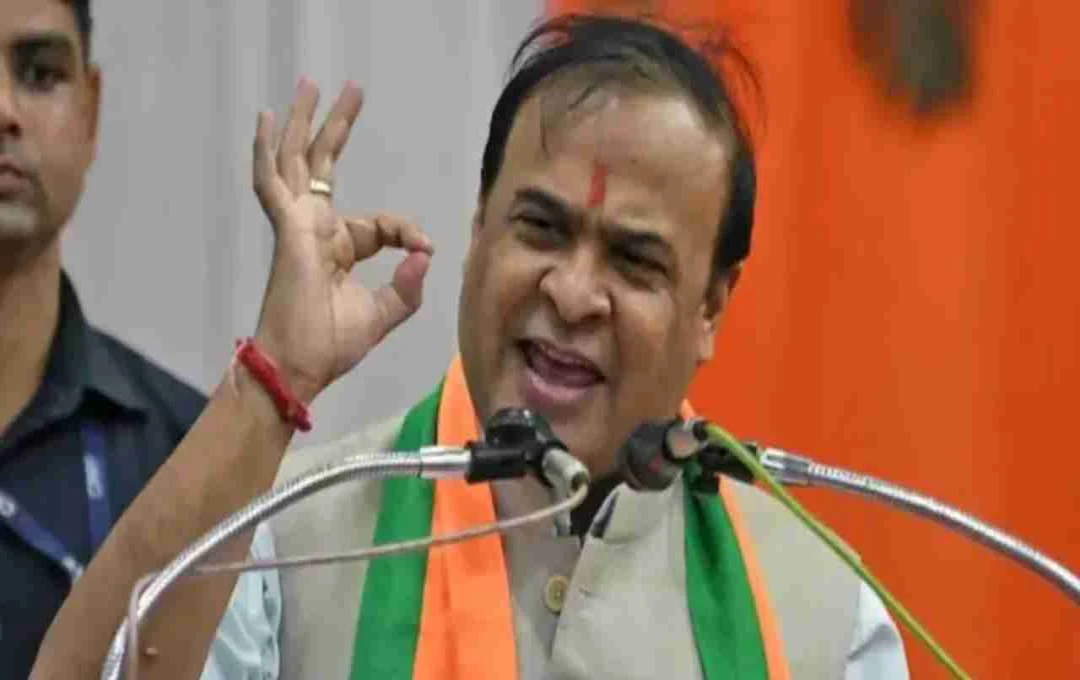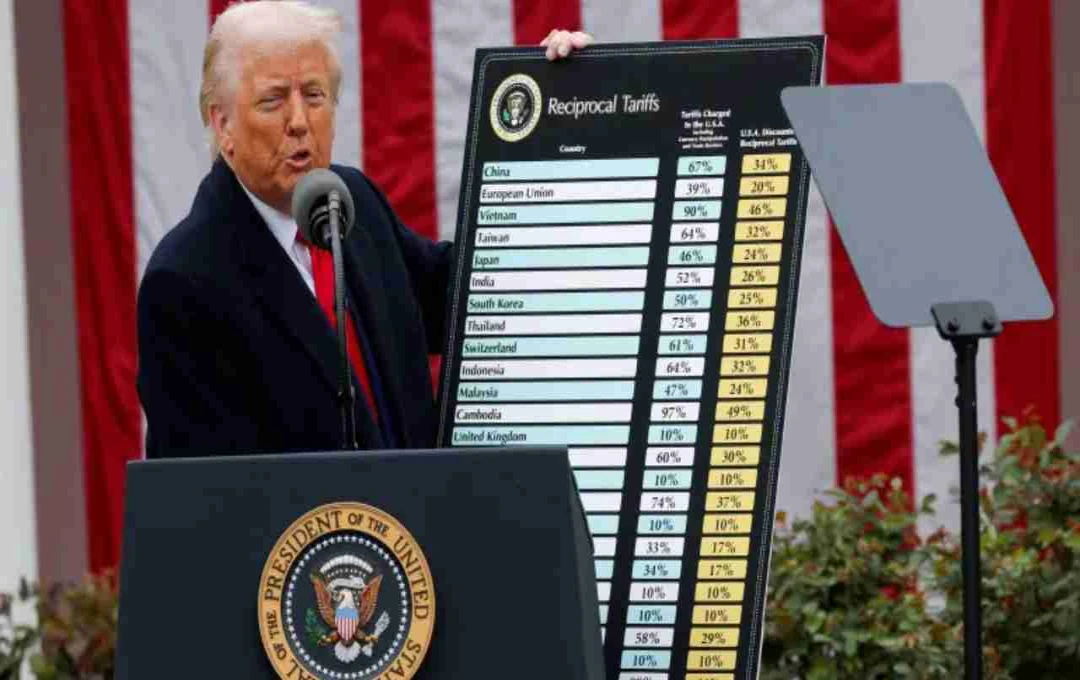The Allahabad High Court, while hearing a significant case related to polygamy, issued a b rebuke against the practice of Muslim men engaging in multiple marriages. The court stated that "Muslim men are resorting to polygamy for their personal gain and convenience."
Uttar Pradesh: The Allahabad High Court adopted a clear and firm stance while hearing a crucial case involving Muslim polygamy. A single bench presided over by Justice Ajay Kumar Srivastava stated, "The Quran permits polygamy under specific circumstances and stringent conditions, but today, Muslim men misuse this provision to fulfill their personal desires, convenience, and self-interest."
The Case Details
The petitioner, a Muslim woman, filed a petition against her husband, alleging that he was about to marry again without her consent or any justifiable reason. The woman requested the court to prevent the second marriage and seek justice. Her argument was that she was already in a legally valid marital relationship with her husband, and he had neither divorced her nor provided any religious or social reason for his intention to remarry.
High Court's Sharp Remarks

During the hearing, the court stated that the Quran permits polygamy under specific circumstances—such as during war or a disaster when the number of widows and destitute women in society increases. In such situations, it was presented as an option for social balance and security, not for fulfilling personal desires.
The court also added that while the Quran allows for more than one marriage, it attaches strict conditions of justice, equality, and family responsibility. If a man cannot fulfill all these conditions, using the allowance of polygamy would be considered not a religious concession but a social injustice.
The Verdict
The Allahabad High Court ruled in favor of the petitioner, clarifying that marrying a second wife without the first wife's consent and without valid social-religious reasons is against both the spirit of Sharia and the essence of the Constitution. The court prevented the husband from marrying again and instructed him to fulfill his family responsibilities.
The court also stated that it is time for open discussion within the Muslim community on this issue and for religious teachings to be understood in their correct context, rather than twisting their application for personal convenience.

Reactions
Following this decision, there has been considerable activity among social organizations, women's rights groups, and religious scholars across the country. Shabnam Parveen, President of the All India Muslim Women's Association, stated, "This is a landmark judgment. It strengthens the rights of Muslim women and provides an opportunity for society to return to the true teachings of the Quran."
Meanwhile, a spokesperson for the All India Muslim Personal Law Board said, "The court's decision is one that awakens social consciousness, but it is also essential that the constitutional interpretation of religious practices is carried out with sensitivity."
What Does the Quran Say in a Religious Context?
Quran 4:3 states that if you cannot be just (to all wives), then marry only one. This implies that polygamy is not a fundamental right but an arrangement to be adopted with justice in specific societal circumstances.




